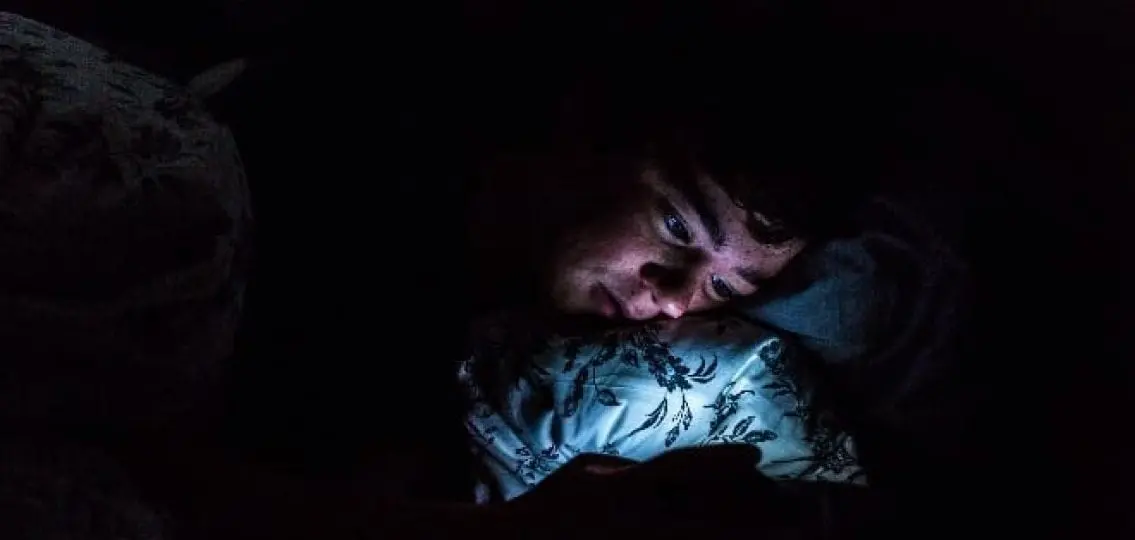Thanks to the actions of celebrities like Tiger Woods and Brett Favre, most of us know the term “sexting.” We understand that it means sharing explicit images of ourselves or of others via cell phones or similar devices. But in August 2009, when my teen son was arrested for a teen sexting crime, I’d never heard of the term, and neither had he.
Teen Sexting Is A Serious Problem
He’d turned 19 a couple of months earlier, was still living at home and getting ready to start classes at a nearby community college. He was a good guy, a volunteer firefighter; he’d never been in trouble, other than serving an occasional detention in high school for being late from lunch. So, when he came home one afternoon and said a warrant was being issued for his arrest, I thought he had to be joking.
“Arrest? For what?” I asked, but his explanation left me more confused than ever.
He’d been friends for a long time with this girl, who was by then almost 17. She had asked him to send her a picture of himself undressed. To him, and I gather also to her, this was nothing but a kind of flirting. He said he’d send the picture and then forgot about it. A few weeks later she asked again, so he took a picture and sent it. When her father checked her email and found the photo, he decided to call the police. The police questioned the girl, questioned my son and said they’d be in touch about whether what he’d done was actually a teen sexting crime.
The age of consent – that is, the age at which a young woman or young man is considered old enough to consent to having sex – is 16. My son and the girl were never sexually intimate, but if they had been, they wouldn’t have broken any laws. Sharing a photo of oneself naked seems minor in comparison. It made sense to guess that it would not be illegal. We soon discovered, however, that the legal system is not necessarily logical or fair.
The Dangers Of Teen Sexting
My son was arrested and charged with “Dissemination of harmful materials to a minor,” while I sat home, helpless, until he called me to retrieve him from jail. I had no idea what he, or we, should do next. So, I did what I do for my work as a fiction writer; I turned to the Internet and began to research the charge and the law.
We hired an attorney (at a cost of several thousand dollars), who advised us not to talk about the situation with anyone until it got resolved. In the meantime, my son’s mug shot made the local TV news. Our local newspaper ran the story on the front page and listed his full name and home address. The fire department suspended my son, pending investigation. Reporters tried calling and texting him. I was on my front porch one afternoon when a TV news truck pulled into the driveway; the reporter asked to interview my son and me. To say that I was astonished is an understatement. I was shocked. Livid. I had “no comment” for the record, but if the reporter had transcribed my thoughts, they would not have been fit to print.
Teenage Sexting Consequences
I’d heard through the grapevine that a neighbor was asked about how it felt to live on the same street as a sex offender. I knew people were talking and that these were the kinds of things they were saying – all because my son had showed a girl a picture of himself undressed. Unwise? Yes. Sex offender? Please. I seethed with anger, while my son did his best to just lie low and wait for the storm to blow over. Fortunately, in his case, it did blow over. After several months of court dates and behind-the-scenes discussion, the charges were dismissed. But the arrest record is permanent, and the stigma lingers.
Legal trouble is only one of the possible problems that can arise when teens post or share revealing photos. Cases of teen sexting-related bullying and even suicide are in the news as well. This is heartbreaking, and so unnecessary. I chose to speak up with the hope that by sharing my story, I’ll help prevent others from ever having a similar one to tell.



